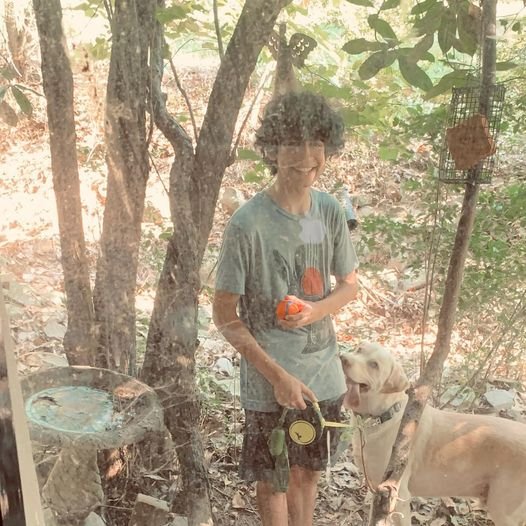“Faith is taking the first step even when you don’t see the whole staircase.”—Martin Luther King, Jr.
Mural Please Touch Children’s Museum Philadelphia
Today, my husband and I remember the 57th anniversary of Martin Luther King, Jr.’s death in Memphis on April 4, 1968, and the events leading up to it and afterward. We were both senior medical students in Memphis during those troubled times when the world seemed to be falling apart. King left us so many legacies.
I am thinking most about how he started in the civil rights movement, becoming a leader in the Montgomery, Alabama, 385-day bus boycott, which began in December 1955 after Rosa Parks was arrested for sitting in the front of a bus. King was 26, the new pastor of Dexter Avenue Baptist Church in Montgomery, the capital of Alabama.
He was supposedly selected by the African American community to lead the bus boycott because he was new and had not been intimidated by the white community, nor had he aligned himself with the various factions in the black community. During the boycott, King was arrested, and his home was bombed. However, King’s articulate and nonviolent leadership brought him into national prominence.
In his book Stride Toward Freedom, King also wrote about a spiritual experience as he sat at midnight at his kitchen table after another bomb threat. He felt a divine inner presence that took away his fears and uncertainty as he was ready to give up. This experience prepared him to face whatever came, and that courage sustained him for the rest of his life. I think this is one of the experiences he considers when he refers to “going to the mountain and hearing the truth.”
King did not decide to go to Montgomery to lead a bus boycott or become the civil rights movement leader. Instead, he probably went to be a good minister and start a family, as his father did. But a situation arose; he was chosen, and he stepped in. Indeed, his family background of three generations of ministers and his training as a pastor allowed him to be that leader; however, being a civil rights leader had not been his goal.
I see this as a message to all of us that we may be trained to be one thing but then be called to do something else we never realized we had been trained to do all along. Each of us, like Martin, will be called at some time to speak our truth. We most probably will not think we are prepared. We may be given a job because we are young, old, inexperienced, or no one else wants the job. Every biblical story of leadership speaks to this kind of call.
Tonight, I also remember the young high school students who led a fight for gun control after an attack at their school.
My experience is that this is one of the ways God works. The lives of King, Moses, Abraham, the disciples, David, Mary, Joseph, Paul, Esther, St. Benedict, St. Francis, St. Ignatius, Bill Wilson, Dr. Bob, and these students from Marjory Stoneman Douglas High School in Florida all exemplify it.
During this coronavirus pandemic and time of unrest, we were called to a new task that we unknowingly have been preparing to do all our lives.
Joanna joannaseibert.com











